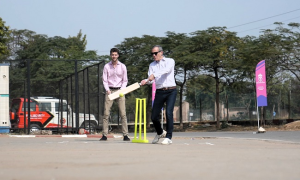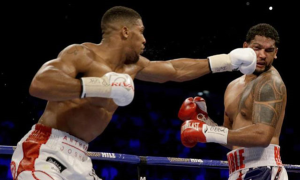It was back in the year 2001 when the test against erythropoietin, a blood-boosting drug, was implemented and since then cycling has pedaled a long way.
This sport used to be known for influenced-athletes injecting themselves with drugs and winning. It was 13 years ago when the Festina issue was brought into public that the drug problem was brought under scrutiny though no stringent action was taken. This has changed around over the last couple years.
Cycling became the first sport to introduce drug testing and today it is amongst the few sports that does not tolerate banned substances, publicly. The topic was stirred in the world championships which ended on Sunday with the men’s road race being the last event. The International Cycling Union President said in a news conference that cycling, from a doping sport has become anti-doping now. This reflects the cultural change that the popular sport has undergone.
At the commencement of this year, a ‘no-needle policy’ was implemented by cycling and rowing. The London 2012 Olympics committee (IOC) also has incorporated this into their upcoming events. The cycling federation has made sure that the sport is as free of substance abuse as possible. Once known for illegal drugs abuse, this sport now is not only strictly against such conduct but has also influenced several other sports to follow the same regime.
Till now there have been an estimated 21000 tests which have been done since the biological passport was implemented a while ago. The UCI anti-doping manager, Francesca Rossi, said that tests have been on the roll since the year 2008 and will continue not only to make sure that the event is free from all forms of doping shams but also so it can continue ahead with a clean road.
The biological passport is a method in which all the athletes undergo tests and trials and then a medical record or passport is made based on the results. This passport contains all the details and the test results. The data is then compared with that registered in doping tests. The tests help in determining those riders who manipulate their blood even though they do not fail dope tests.
Earlier this year, two riders were banned for two years, after they failed the dope tests. More tests continue.
“That’s the way it should be. We’ve had big dramas in the past few years but I don’t see that continuing in the future,” said McQuaid, the UCI president.
Tags: Cycling, Drugs, International Cycling Union, Sport, UCI













